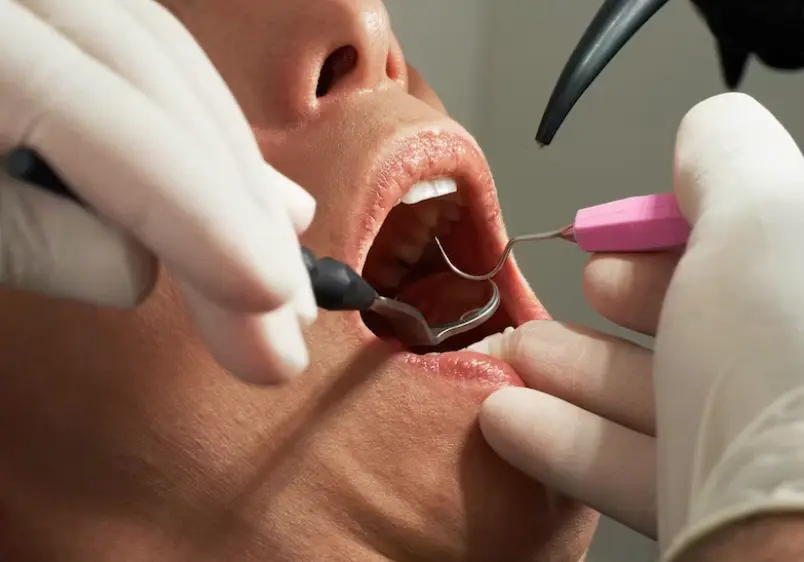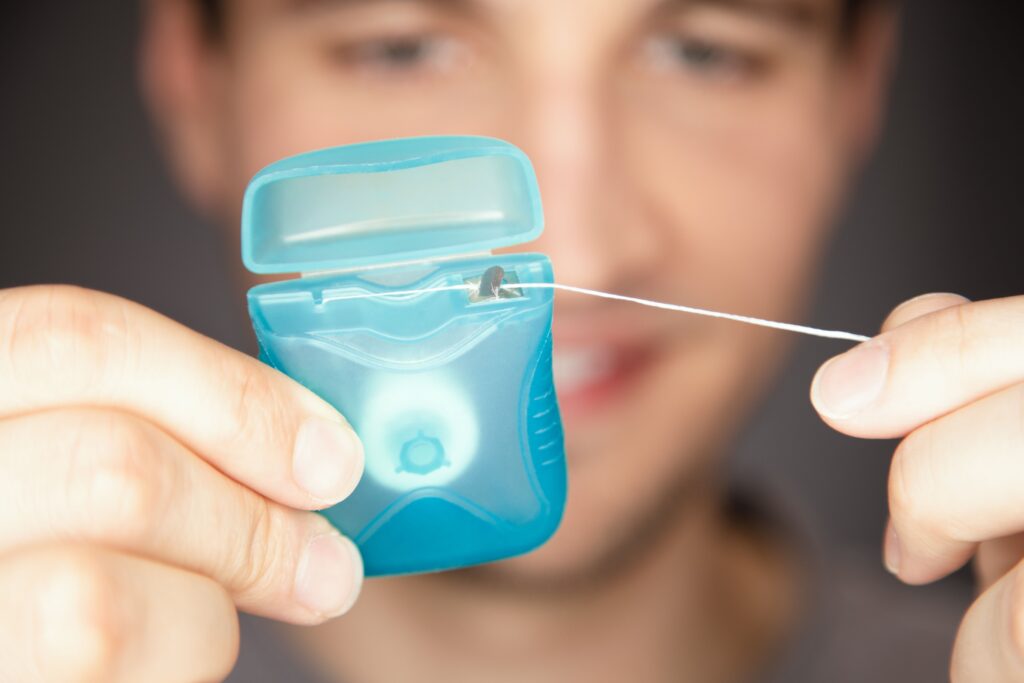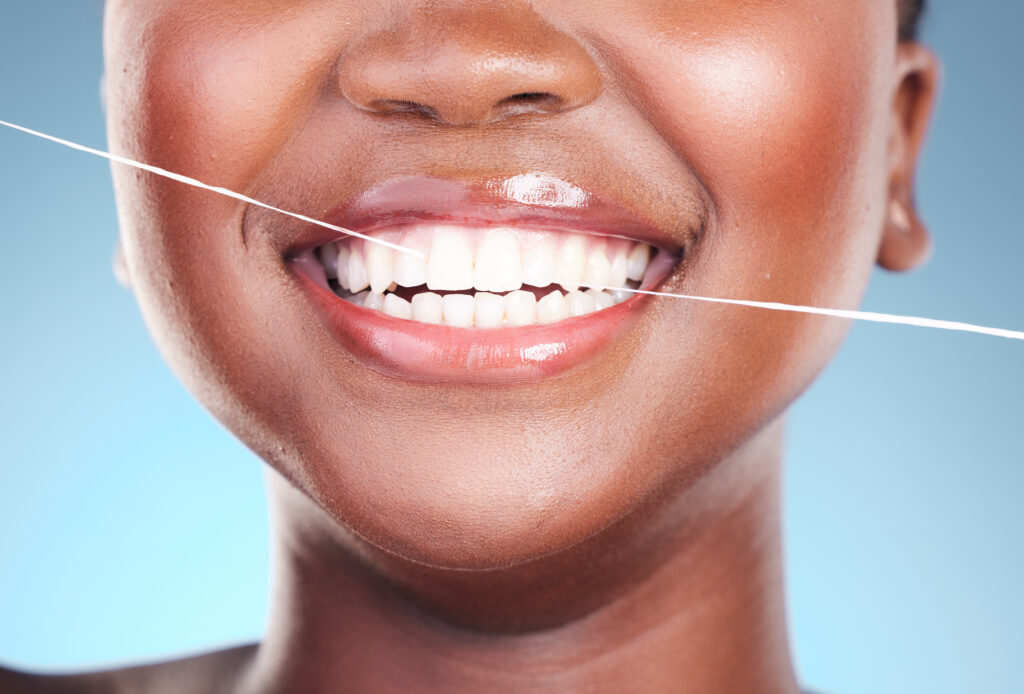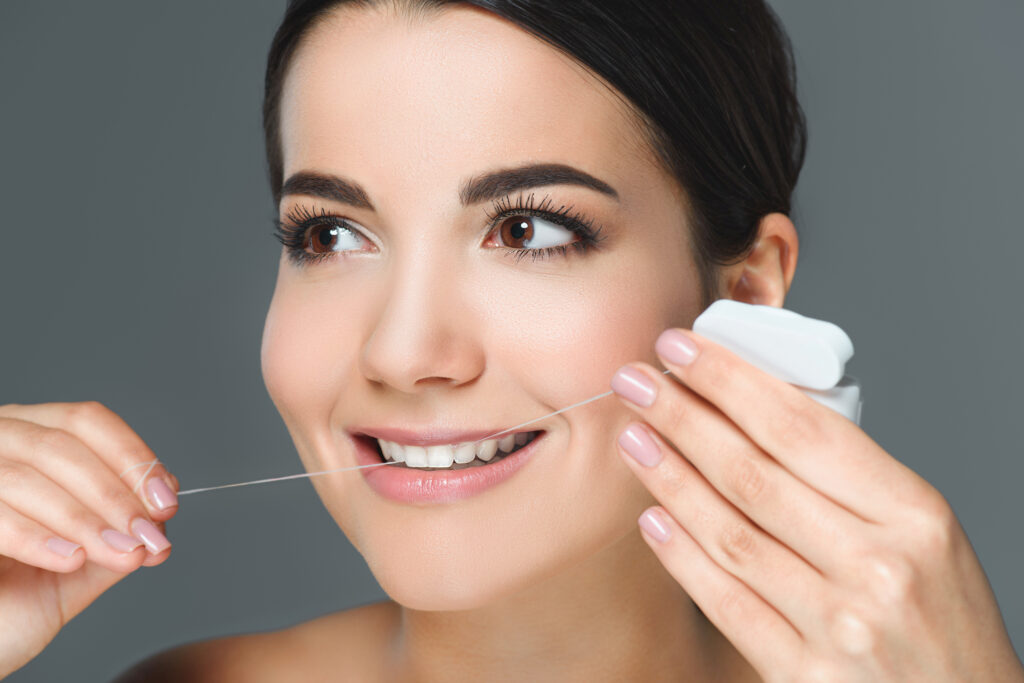Flossing is a critical component of an oral hygiene routine, as it helps remove food particles, plaque, and bacteria from between the teeth and along the gum-line. However, for some individuals, there’s a perplexing and unpleasant side effect: a noticeable, and often off-putting, odor that emanates during and after flossing. If you’ve ever wondered, “Why does it stink when I floss?” you’re not alone. In this article, we will delve into the reasons behind this phenomenon, explore the main causes of bad smells when flossing, and offer practical solutions to help you maintain fresh breath and good oral health.

What Are Some Of The Main Causes Of Bad Smells When Flossing?
The appearance of bad smells when flossing can be attributed to several factors:
- Food Particles: One of the primary reasons for foul odors during flossing is the dislodging of trapped food particles. When you floss, you may release food remnants that have been hiding between your teeth. These particles can emit unpleasant smells as they are exposed to the air and moisture.
- Bacterial Activity: The human mouth is home to a vast array of bacteria, including those that produce sulfur compounds. When you floss and disturb the plaque and bacteria in your mouth, you might release these sulfur compounds, resulting in a noticeable odor.
- Oral Health Issues: Conditions like gingivitis or periodontal disease can lead to bad breath, and flossing can sometimes exacerbate the issue. When flossing helps remove plaque and bacteria from inflamed gums, it may release additional odor-causing compounds.
- Neglected Oral Hygiene: If you haven’t been flossing regularly and have a buildup of plaque and bacteria between your teeth, the odor can be more pronounced when you finally start flossing again.
Is It Normal For Floss To Smell After Flossing?
Yes, it’s entirely normal for floss to develop an odor during or after flossing due to the factors mentioned earlier. Floss is designed to remove particles and bacteria from between your teeth, so encountering odors is a sign that it’s doing its job. However, persistent and severe odor could be a sign of underlying oral health issues that may require attention.
How Do I Get Rid Of The Smell When I Floss?
If you’re bothered by the smell that accompanies flossing, there are steps you can take to minimize or eliminate it:
- Brush Before Flossing: Start your oral hygiene routine by brushing your teeth. This removes food particles and bacteria from the surface of your teeth, making it easier for floss to access and clean between them.
- Use Mouthwash: Consider rinsing with an antibacterial mouthwash before flossing. Mouthwash can help kill odor-causing bacteria in your mouth.
- Floss Regularly: Consistent flossing is crucial for maintaining good oral hygiene. The more regularly you floss, the less likely you are to encounter strong odors.
- Scrape Your Tongue: Odor-causing bacteria can also reside on your tongue. Use a tongue scraper to remove bacteria and debris, which can help reduce bad breath.
- Stay Hydrated: Drinking plenty of water can help keep your mouth moist and dilute the odor-causing compounds in your saliva.
- Chew Sugarless Gum: Chewing sugarless gum can stimulate saliva production, which can help neutralize odors in your mouth.
- See Your Dentist: If bad breath persists despite these efforts, it may be a sign of an underlying dental issue. Schedule a dental check-up to rule out any problems.
- Consider an Oral Rinse: Some over-the-counter oral rinses are specifically formulated to target bad breath. They can be used as an adjunct to your daily oral care routine.

Conclusion
The presence of an unpleasant odor during or after flossing is a common occurrence and is often the result of releasing trapped food particles, disturbing oral bacteria, or addressing underlying oral health issues. While this odor is normal and expected to some extent, it can be managed through proper oral hygiene practices. Regular brushing, flossing, tongue scraping, and the use of mouthwash can significantly reduce the issue. However, if the odor persists or is particularly strong, it’s essential to consult with a dentist to rule out any underlying oral health problems. Remember that maintaining good oral hygiene is not only crucial for fresh breath but also for the overall health of your teeth and gums.







